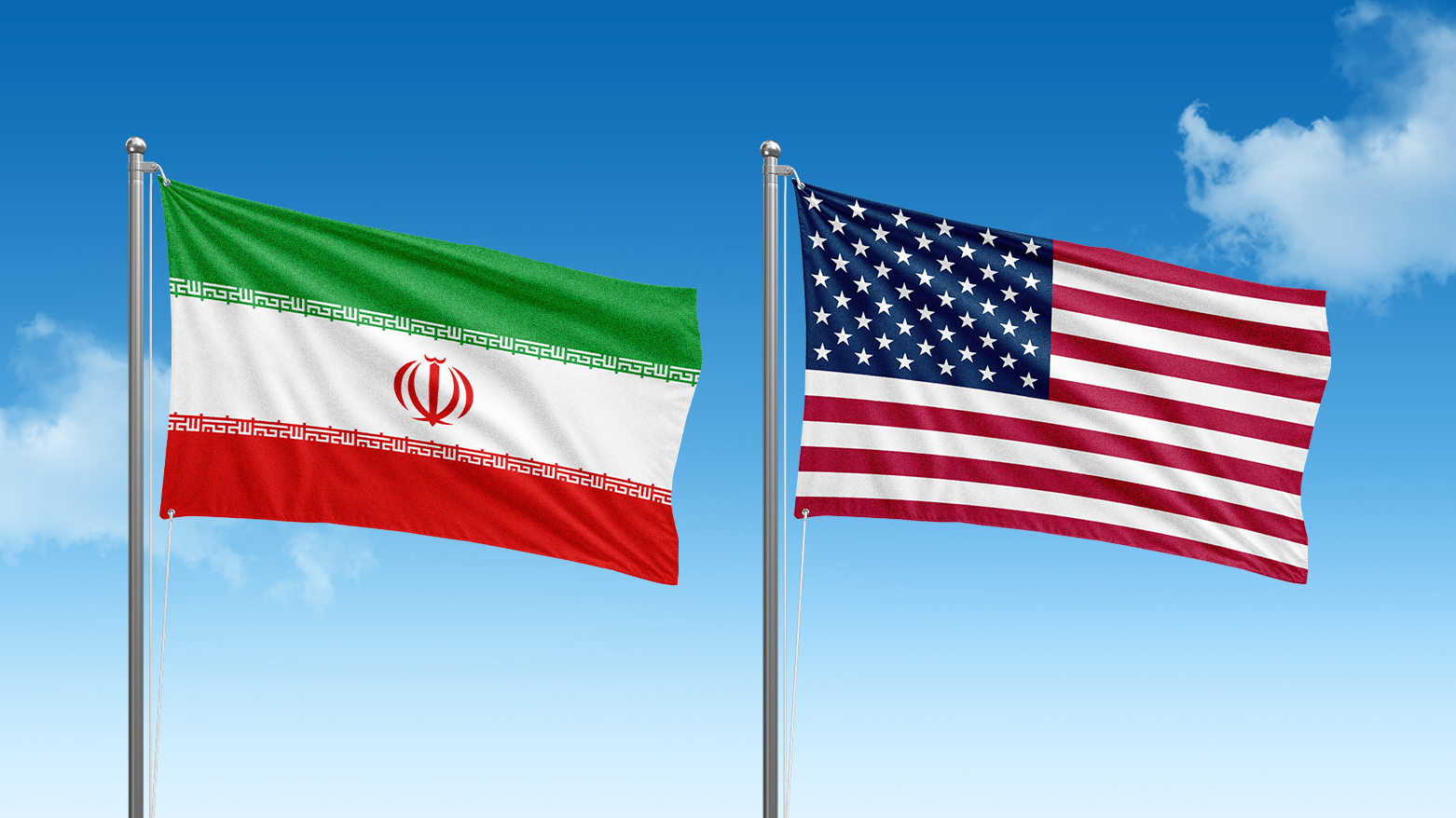Iran Acknowledges 'Serious' Nuclear Talks with US but Says Major Differences Remain
"The Islamic Republic of Iran remains steadfast in its principled positions on the necessity of ending oppressive sanctions and its readiness to build trust regarding the peaceful nature of its nuclear program," Baqaei said.

ERBIL (Kurdistan24) — Iranian Foreign Minister Abbas Araghchi said on Saturday that significant differences persist between Iran and the United States following the conclusion of the third round of nuclear negotiations in Oman, even as talks grew more serious than in previous rounds.
"There are differences in both the major issues and in the details," Araghchi told a state television reporter in Muscat, adding that "the negotiations this time were much more serious than before."
Negotiations are set to continue next week, with a fourth round of high-level meetings tentatively scheduled for May 3, according to Omani Foreign Minister Badr Albusaidi, who is mediating the "indirect" talks. Albusaidi posted on X that "core principles, objectives, and technical concerns were all addressed" during Saturday’s discussions in Muscat.
US Iran talks today identified a shared aspiration to reach agreement based on mutual respect and enduring commitments. Core principles, objectives and technical concerns were all addressed. Talks will continue next week with a further high level meeting provisionally scheduled…
— Badr Albusaidi - بدر البوسعيدي (@badralbusaidi) April 26, 2025
Earlier, Iranian state media reported that the third round of "indirect" negotiations had ended after hours of deliberations, with both sides returning to their capitals for further consultations.
Iranian Foreign Ministry spokesperson Esmaeil Baqaei stressed that any future agreement must respect Iran’s legitimate rights to peaceful nuclear energy under the Non-Proliferation Treaty (NPT) and lead to the effective lifting of economic sanctions.
"The Islamic Republic of Iran remains steadfast in its principled positions on the necessity of ending oppressive sanctions and its readiness to build trust regarding the peaceful nature of its nuclear program," Baqaei said.
According to IRNA, talks have been conducted "indirectly", with the American and Iranian delegations meeting in separate rooms, a format that has persisted through all three rounds. Iran's delegation is led by Foreign Minister Araghchi, while the U.S. side is headed by Middle East envoy Steve Witkoff. Technical and expert discussions are also underway, led by senior Iranian diplomats Majid Takht-e-Ravanchi and Kazem Gharibabadi.
While significant hurdles remain, the seriousness of the recent negotiations and the decision to move forward with a fourth round suggest both sides are cautiously exploring avenues to bridge gaps and de-escalate tensions over Iran’s nuclear program.
More official statements are expected in the coming hours and days, including feedback from the American side, which could shed greater light on the progress made — and the obstacles encountered — during this crucial third round of talks.